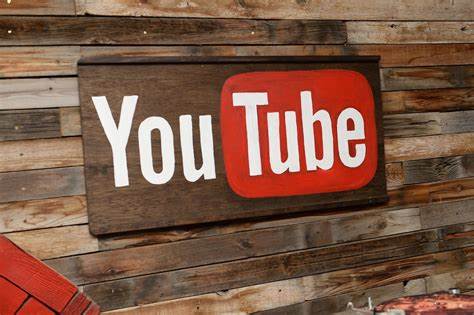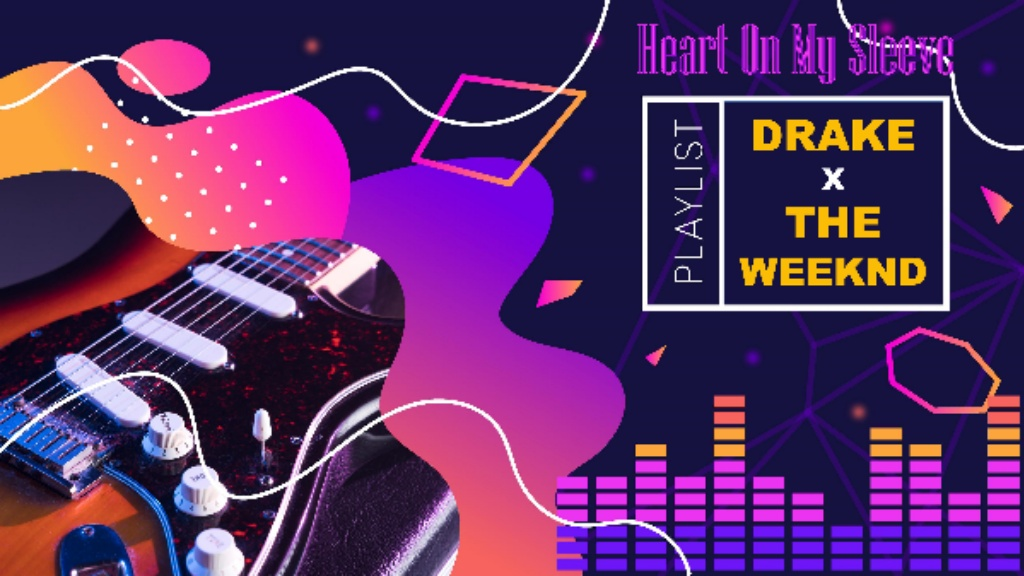AI创作歌曲火出圈,引发音乐行业恐慌


The viral song “Heart on My Sleeve,” released last week by TikTok user Ghostwriter977 but made popular because of its purported use of Al-generated vocals mimicking superstars Drake and The Weeknd, has caused quite a stir.

It comes on the heels of an Al-generated Rihanna singing”Cuff lt” and an Al Kendrick Lamar rapping Ye’s “Off the Grid”.
Each release is followed by a great deal of conversation, with some listeners proclaiming a new frontier in music technology and others astonished by the seemingly uncanny likeness to the source material.
The song sparked a panic within the music industry in a way none of the previous Al-generated tracks did, perhaps because of its popularity.
It received more than 15 million views on TikTok, 600,000 streams on Spotify and 275,000 views on YouTube.
The BBC estimated the song earned at least $1.888 from Spotify alone; Billboard
estimated the song may have earned $9,400 globally across all platforms.
The reason those numbers aren’t higher is “Heart on My Sleeve” has since been removed from all digital service providers following a complaint by Universal Music Group, who released a statement condemning “infringing content created with generative Al.
But attempting to crack down on Al-generated music may pose a unique challenge.
The legal landscape for Al work remains unclear the tools to create it are widely accessible and social media makes it easier than ever to distribute it.
Although the entertainment industry has seen these issues coming, regulations are lagging behind the rapid pace of Al development.